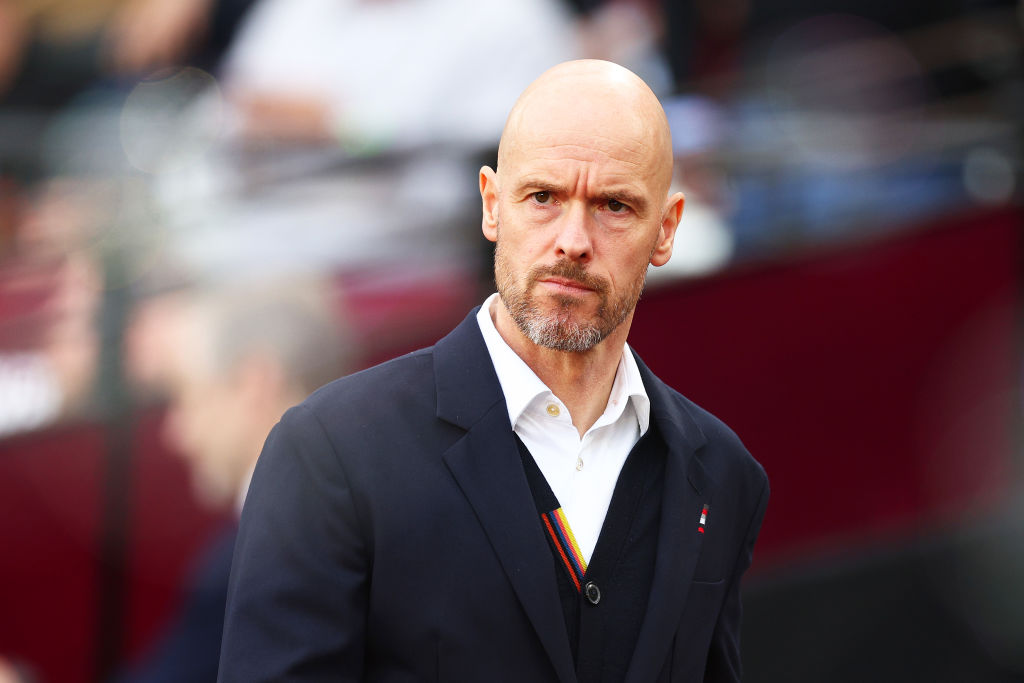
has urged ’s new owners to learn from the mistakes of ’s disastrous debut season in charge of .
It is looking increasingly likely that United will be sold this summer, with Ineos founder Sir Jim Ratcliffe the Glazer family’s preferred bidder, though Qatari banker Sheikh Jassim bin Hamad al-Thani is still in the running.
While fans are naturally excited by the takeover news and the chance finally get rid of – some – of the Glazers, there are of course many pitfalls when new owners come in.
Chelsea supporters have learnt that the hard way this season, having endured a torrid and humiliating time since Todd Boehly took over the club last summer from Roman Abramovich.
Chaos in the boardroom has spread onto the pitch, with the Blues currently 12th in the table and set to finish the campaign with their lowest points tally of the Premier League era.
That’s come about despite spending over £600million in the transfer market, far more than any other club has spent in a single season, with their signings proving to be more miss than hit.
American Boehly had vowed to do things differently when he assumed ownership, but his methods have backfired spectacularly, and Ten Hag is wary that the same could happen at Old Trafford.

‘At this moment, the Premier League is the centralisation of good players and of the best managers,’ the manager said in his pre-match press conference ahead of United’s clash against Chelsea on Thursday night.
‘Also [it’s about] the money. It’s all here in the UK. That makes a great competition but a tough and a hard competition and you have to do the right things.
‘You can have money, but you have to spend it in a smart way and also you need the right strategy behind it, because otherwise money doesn’t work.
‘When there is no strategy behind it, or not the right strategy, money doesn’t work.
‘I think we are in a good direction, but also I think we also can learn from the season and we have to evaluate it after the season and make the right conclusions for the future. And that’s what we will definitely do after the season.’
.
, .
, and .



















